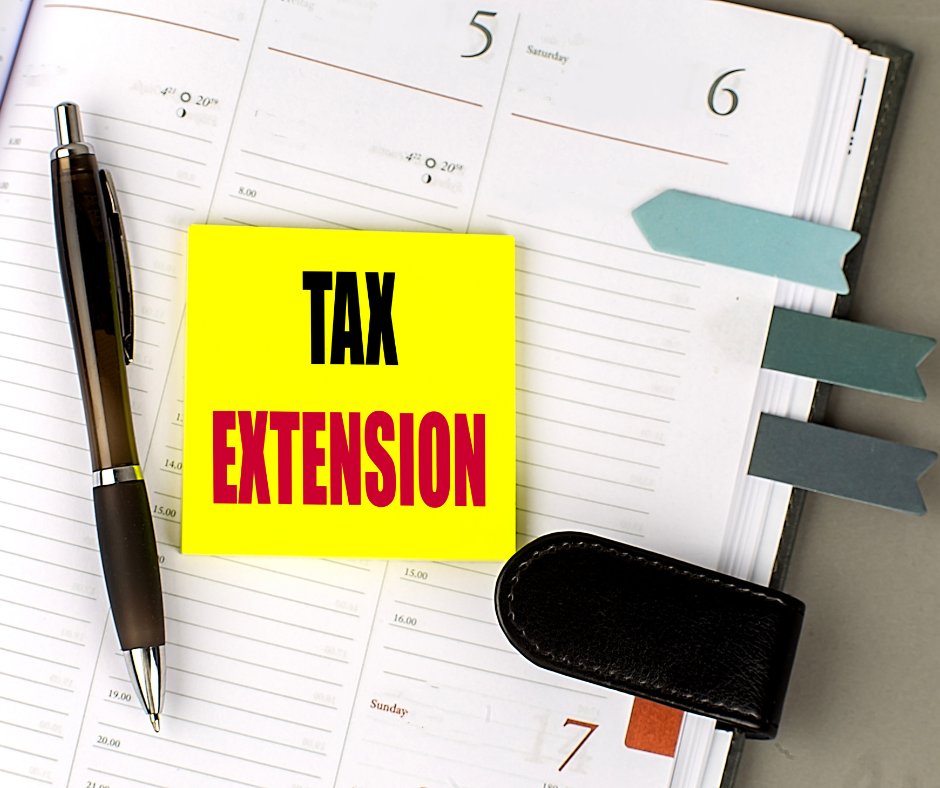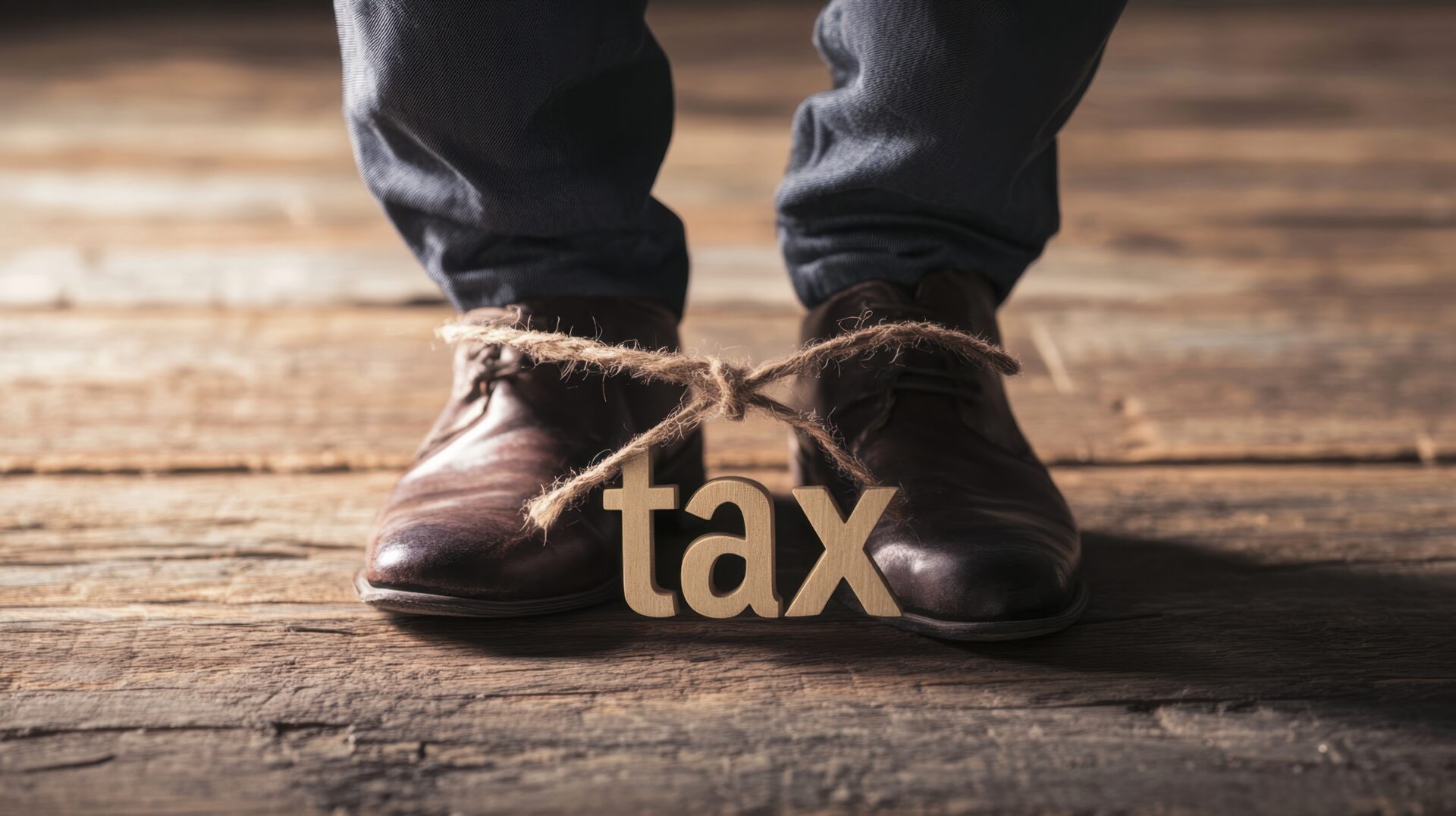You’ve probably heard about 1031 exchanges as a powerful tool for real estate investors, but there’s a lot of misinformation floating around. Let’s clear up some of the most common misconceptions that might be holding you back from taking advantage of this valuable tax-deferral strategy.
Misconception #1: “You Can Only Do One 1031 Exchange in Your Lifetime”
The Truth: There’s no limit to how many 1031 exchanges you can do. In fact, many successful investors use multiple exchanges throughout their careers to continue building wealth. Each successful exchange allows you to defer capital gains taxes and potentially grow your investment portfolio larger than if you had paid taxes with each sale.
Misconception #2: “The Replacement Property Must Be Exactly the Same Type”
The Truth: The term “like-kind” is much broader than most people realize. You can exchange various types of investment real estate: apartment buildings for retail spaces, vacant land for office buildings, or even multiple smaller properties for one larger one. The key is that both properties must be held for investment or business purposes.
Misconception #3: “1031 Exchanges Are Only for Wealthy Investors”
The Truth: There’s no minimum investment amount required for a 1031 exchange. Whether you’re selling a small rental property or a large commercial complex, you can benefit from tax deferral. It’s about smart strategy, not the size of your portfolio.
Misconception #4: “The Process Is Too Complicated to Be Worth It”
The Truth: While 1031 exchanges do involve specific rules and timelines, working with qualified professionals makes the process manageable. The potential tax savings and wealth-building benefits often far outweigh the complexity. That’s why having the right team in place is crucial.
Misconception #5: “You Must Find an Exact Value Match for the Exchange”
The Truth: Your replacement property doesn’t need to be exactly the same value as your relinquished property. It just needs to be of equal or greater value to defer all capital gains taxes. You can even buy a more expensive property and add cash to the deal.
Misconception #6: “You Can Handle the Exchange Money Yourself”
The Truth: The IRS requires a Qualified Intermediary (QI) to facilitate your 1031 exchange. You cannot receive the proceeds from your property sale directly. The QI holds the funds and handles the documentation to ensure your exchange meets all IRS requirements.
The Bottom Line
Don’t let misconceptions prevent you from taking advantage of this powerful wealth-building tool. A 1031 exchange can be a game-changer for your investment strategy, allowing you to defer taxes and potentially grow your real estate portfolio faster than you ever thought possible.
Ready to explore how a 1031 exchange could work for your investment strategy? Don’t go it alone. Call us at 888-508-1901 for a consultation. Our team at WealthBuilder 1031 is here to help you navigate the process, dispel any other myths you might have heard, and create a customized strategy that maximizes your investment potential while maintaining full compliance with IRS regulations.

1031 Exchanges: A Powerful Tool for Building Generational Wealth

Navigating IRS Disaster Extensions for 1031 Exchanges and Beyond



